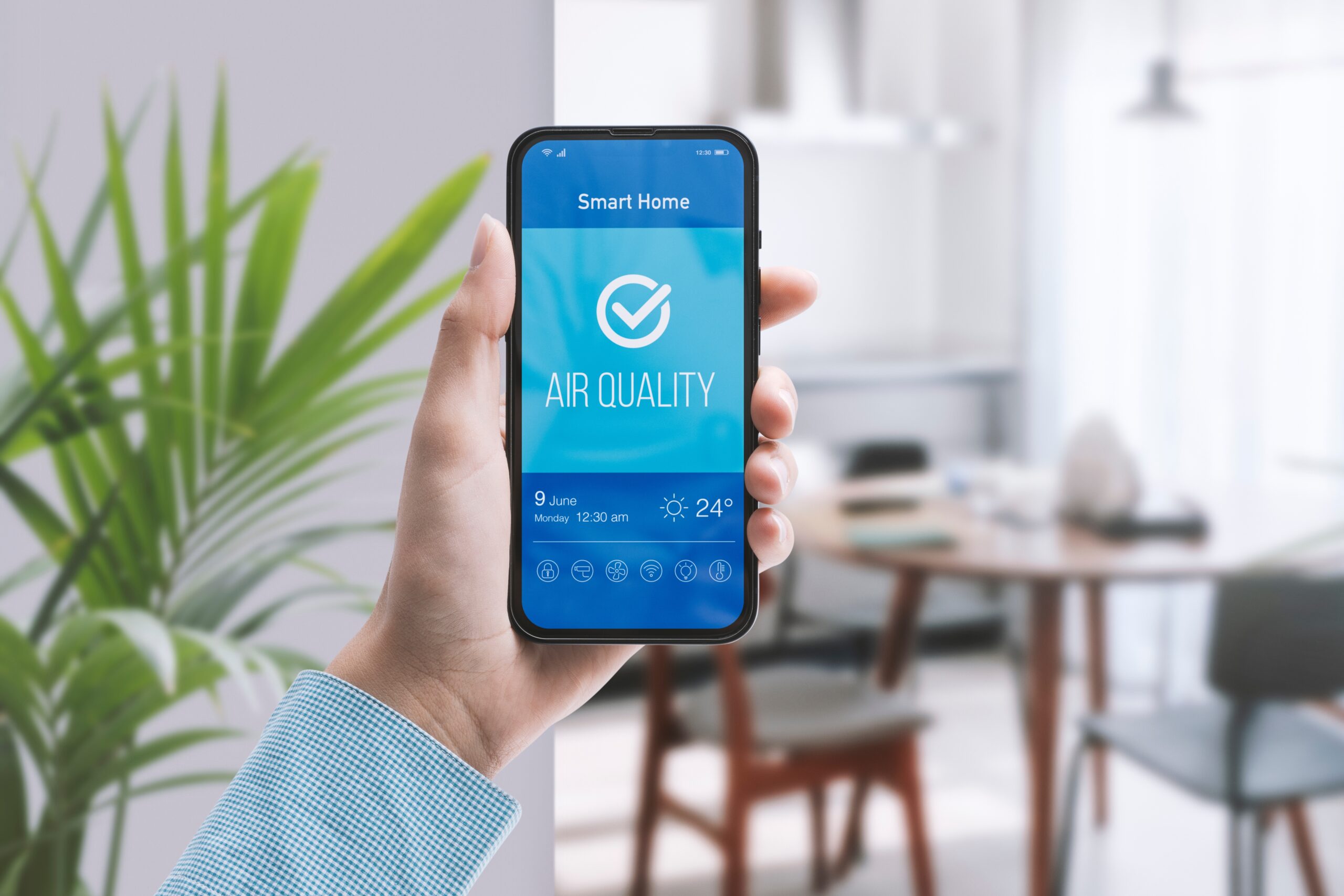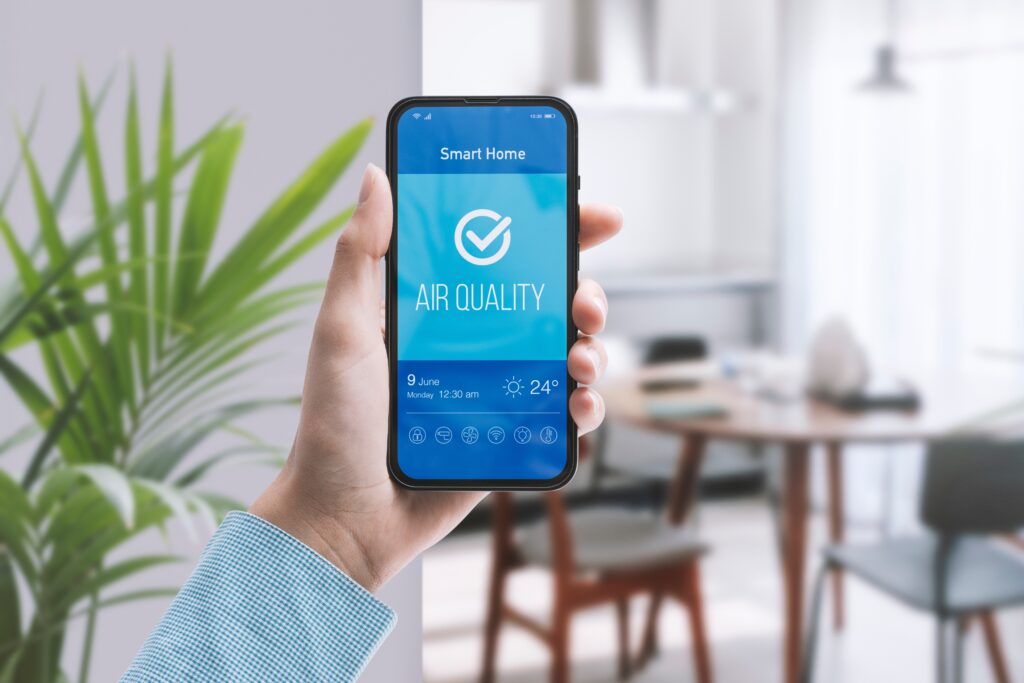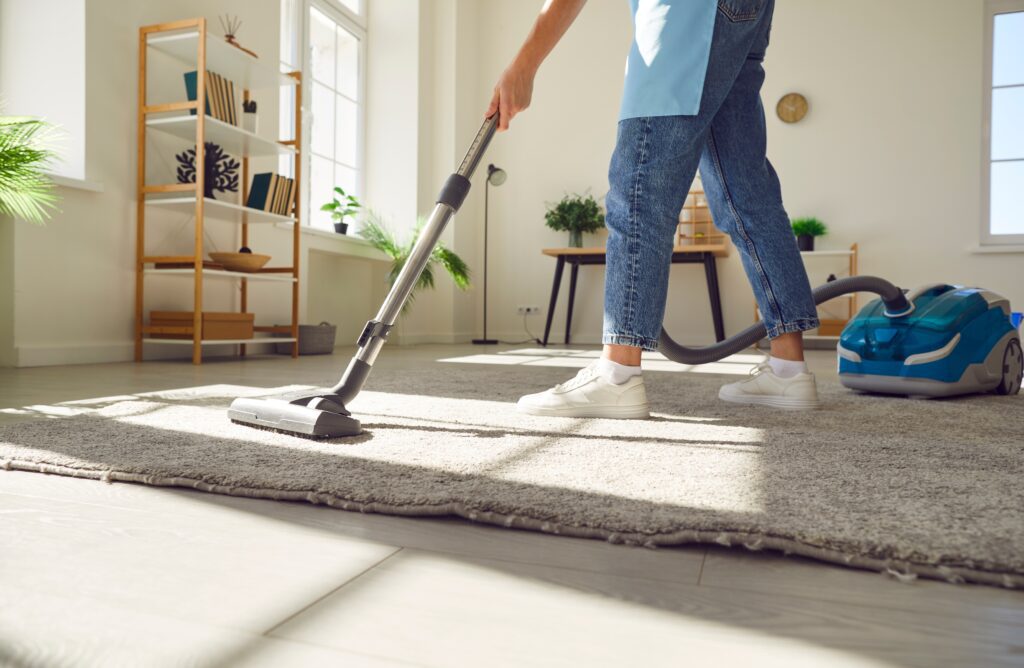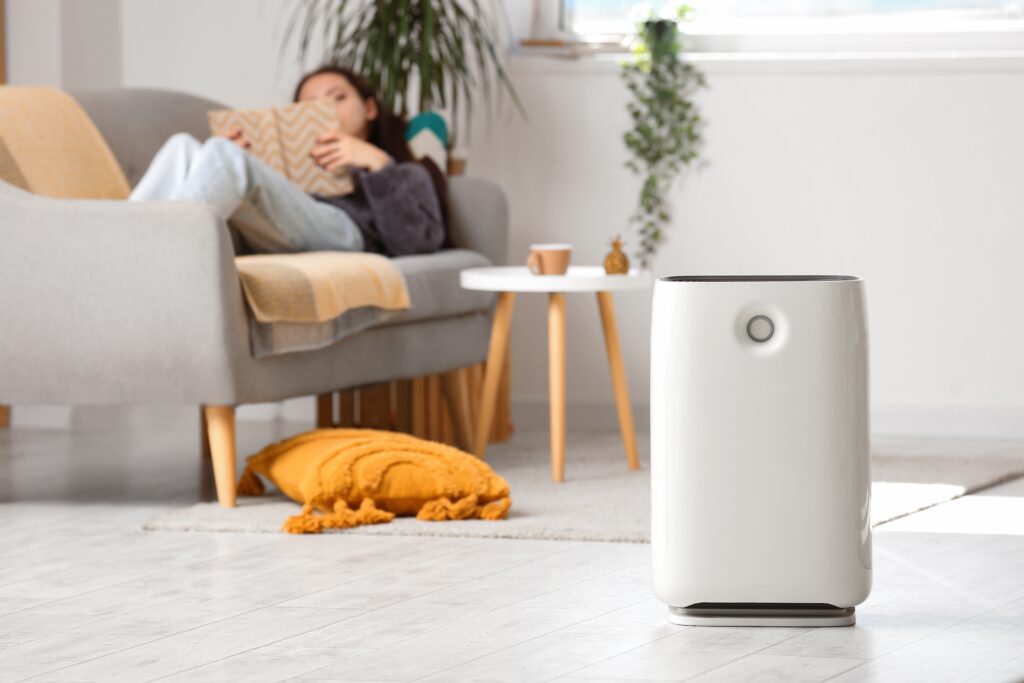


Maintaining good indoor air quality is a crucial but often overlooked aspect of homeownership.
As homeowners, you often focus on making your house more energy-efficient and comfortable. However, one crucial aspect of a healthy home that sometimes gets overlooked is how to improve air quality in your home. Believe it or not, the air inside our homes can be up to five times more polluted than outdoor air, according to the Environmental Protection Agency (EPA). This is especially concerning when you consider that we spend about 90% of our time indoors.
Poor indoor air quality can lead to various health issues, including allergies, respiratory problems, and even more severe long-term effects. The good news is that there are several simple solutions to the question of how to improve air quality in your home.
In this blog, we’ll explore seven effective methods to help you breathe easier and create a healthier living environment for you and your family
One of the easiest and most effective ways to improve indoor air quality is to increase ventilation in your home. Proper ventilation helps remove stale air, reduces indoor pollutants, and introduces fresh outdoor air. Here are some simple ways to improve ventilation:
Maintaining proper humidity levels in your home is crucial for good air quality. High humidity can lead to mold growth, dust mites, and other allergens, while low humidity can cause dry skin, irritated eyes, and respiratory issues. Aim to keep your home’s humidity level between 30% and 50%. Here’s how:
Your home’s HVAC system plays a crucial role in maintaining good indoor air quality. One of the simplest yet most effective things you can do is to change your air filters regularly. Most experts recommend changing filters every 1-3 months, depending on factors like pet ownership, allergies, and local air quality.
Clean filters help:
Make it a habit to check your filters monthly and replace them as needed. Your lungs (and wallet) will thank you!

Regular cleaning practices significantly improve indoor air quality.
Regular cleaning is essential for maintaining good indoor air quality. Dust, pet dander, and other particles can accumulate on surfaces and become airborne, affecting your health. Here are some cleaning tips to improve air quality:
Remember to use natural, non-toxic cleaning products when possible to avoid introducing harmful chemicals into your indoor air.
Nature has provided us with a beautiful and effective way to improve indoor air quality: houseplants! Certain plants are particularly good at removing common indoor pollutants.
A groundbreaking NASA study in the late 1980s identified several houseplants that effectively filter out common volatile organic compounds (VOCs) from the air. These VOCs include substances like benzene, formaldehyde, and trichloroethylene, which can off-gas from various household items such as furniture, carpets, and cleaning products. The study found that plants can remove up to 87% of air toxins in 24 hours.
Some air-purifying plants that are easy to care for include:
These plants not only help clean the air but also add a touch of natural beauty to your home. Just be sure to research proper care instructions and avoid overwatering, which can lead to mold growth.
Many common household products release volatile organic compounds (VOCs) into the air, which can be harmful to your health. To improve air quality, try to reduce your use of products containing harsh chemicals. Here are some tips:

Air purifiers effectively remove various indoor pollutants, enhancing home air quality.
While the previous steps can significantly improve your home’s air quality, sometimes you need an extra boost. This is where air purifiers come in handy. A good air purifier can remove a wide range of pollutants, including:
When choosing an air purifier, look for models with HEPA filters, which can remove 99.97% of airborne particles as small as 0.3 microns. Consider the size of the room you want to purify and the Clean Air Delivery Rate (CADR) of the unit. Place the purifier in areas where you spend the most time, such as bedrooms or living rooms.
At Valiant Energy Solutions, we’re committed to helping homeowners create healthier, more energy-efficient homes. Whether you’re dealing with allergies, respiratory issues, or simply want to ensure the healthiest possible environment for your family, Valiant Energy Solutions has the expertise and tools to help.
If you have any questions about improving your home’s air quality or would like to explore other energy-saving solutions, contact our team of experts today. Together, we can create a home that’s not just comfortable, but truly healthy from the inside out.